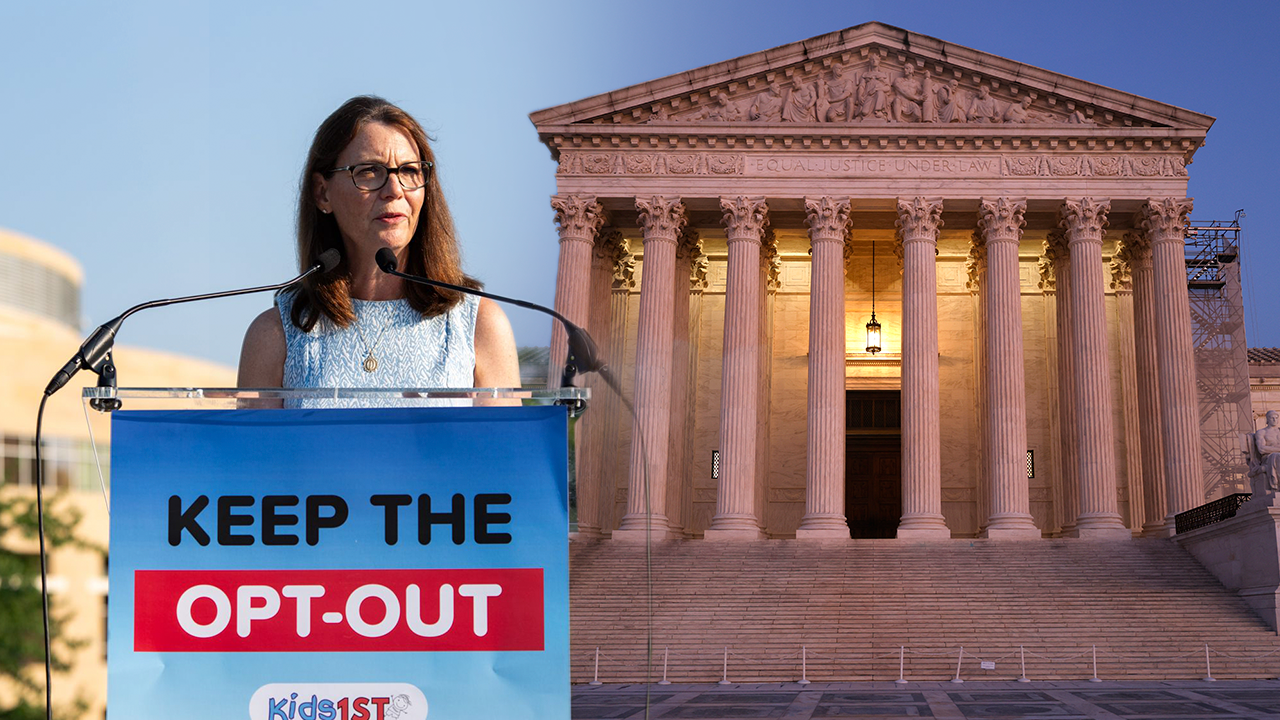Supreme Court heard arguments in suit over parents’ choice to opt children out of LGBTQ curriculum

A coalition of parents represented by counsel is fighting for the right to opt their children out of LGBTQ-related curriculum, with the case centered around the fundamental principle of allowing parents to be parents. Colten Stanberry, counsel at Becket and attorney for the parents involved in the suit, emphasized the importance of parental involvement in school decision-making processes and the need to not be excluded from such important choices.
The case, Mahmoud v. Taylor, was brought before the Supreme Court, focusing on whether parents have the right to opt their children out of reading books in elementary schools that go against their religious beliefs. Stanberry clarified that the case is not about banning books but rather giving parents the option to remove their children from the classroom when such material is being taught.
The parents, representing a diverse group of Jewish, Christian, and Muslim families with children in Montgomery County Public Schools in Maryland, took legal action after the introduction of LGBTQ books into the curriculum as part of an inclusivity initiative. The parents argued that the denial of opt-outs and lack of prior notice violated their freedom to direct the religious upbringing of their children, citing the precedent set by the Supreme Court in Wisconsin v. Yoder.
While the school board maintained that teachers were not instructed to inject specific views about gender or sexuality into classroom discussions, the parents contended that the new policy infringed upon their First Amendment rights. Despite initial rulings in favor of the school board, the case was brought before the Supreme Court for further consideration.
As the Supreme Court heard arguments in the case, both sides presented their perspectives on the matter. The school board defended its policy as a means of promoting a respectful classroom environment for all students, while the parents continued to advocate for their right to opt their children out of conflicting material.
The outcome of the case holds significant implications for parental rights in education, especially in the context of evolving educational and diversity initiatives. With the Supreme Court’s decision pending, both parties await the final ruling that will shape the future of parental involvement in school curriculum choices.
The case underscores the ongoing debate over the balance between educational inclusivity and parental rights, with implications for religious freedom and freedom of expression. As the legal battle continues, the voices of parents fighting for the right to opt their children out of LGBTQ-related curriculum remain steadfast in their quest to uphold their beliefs and values.




